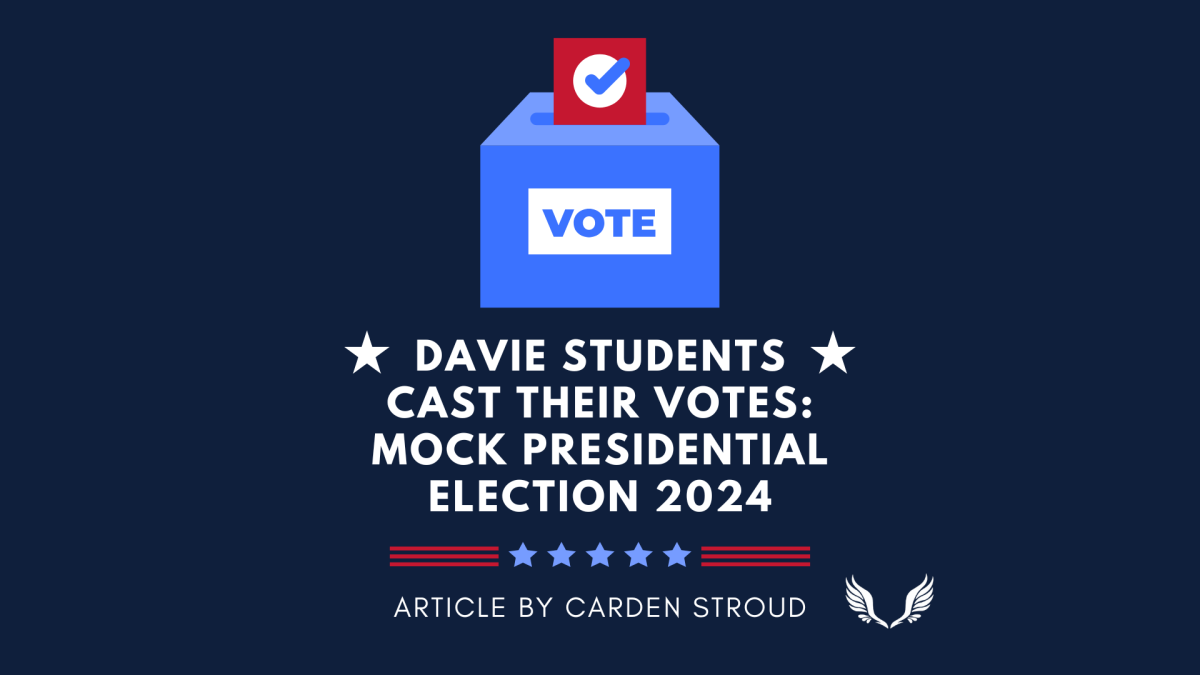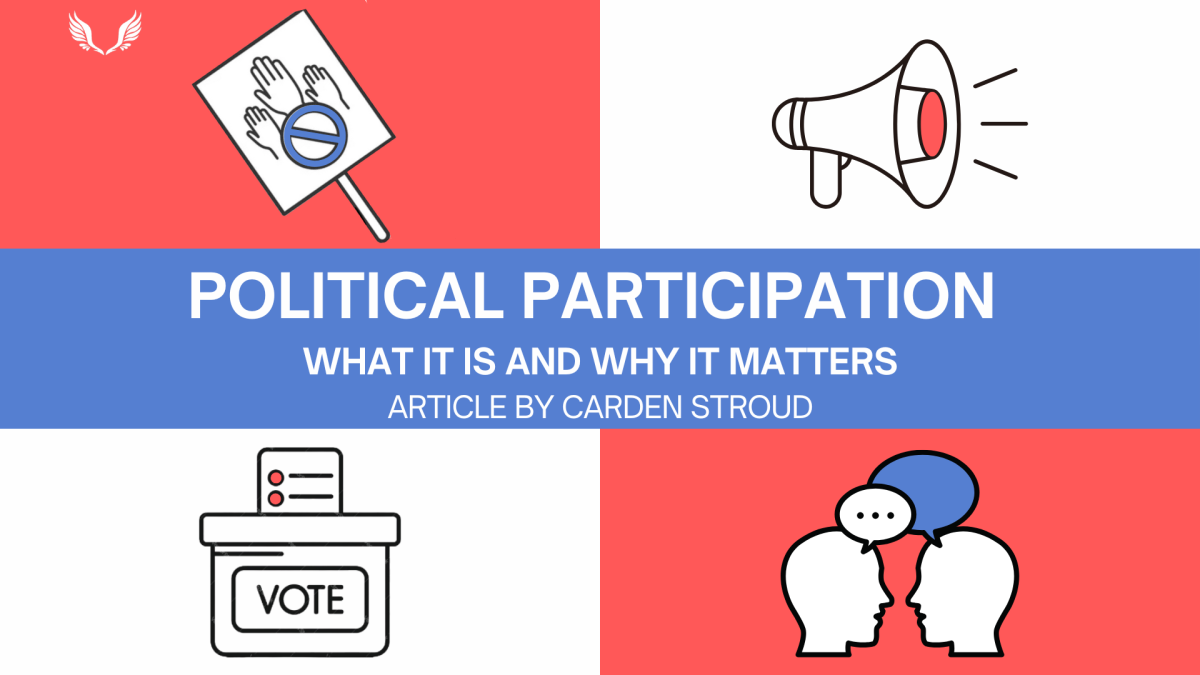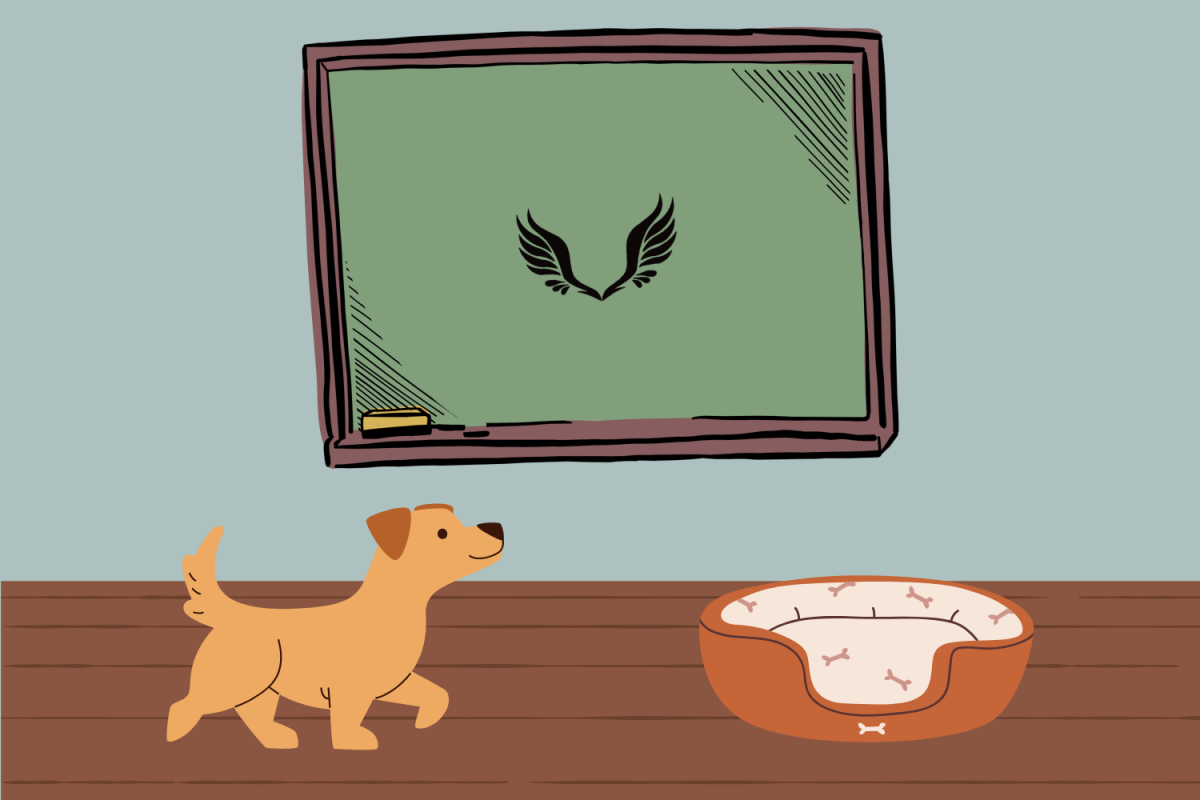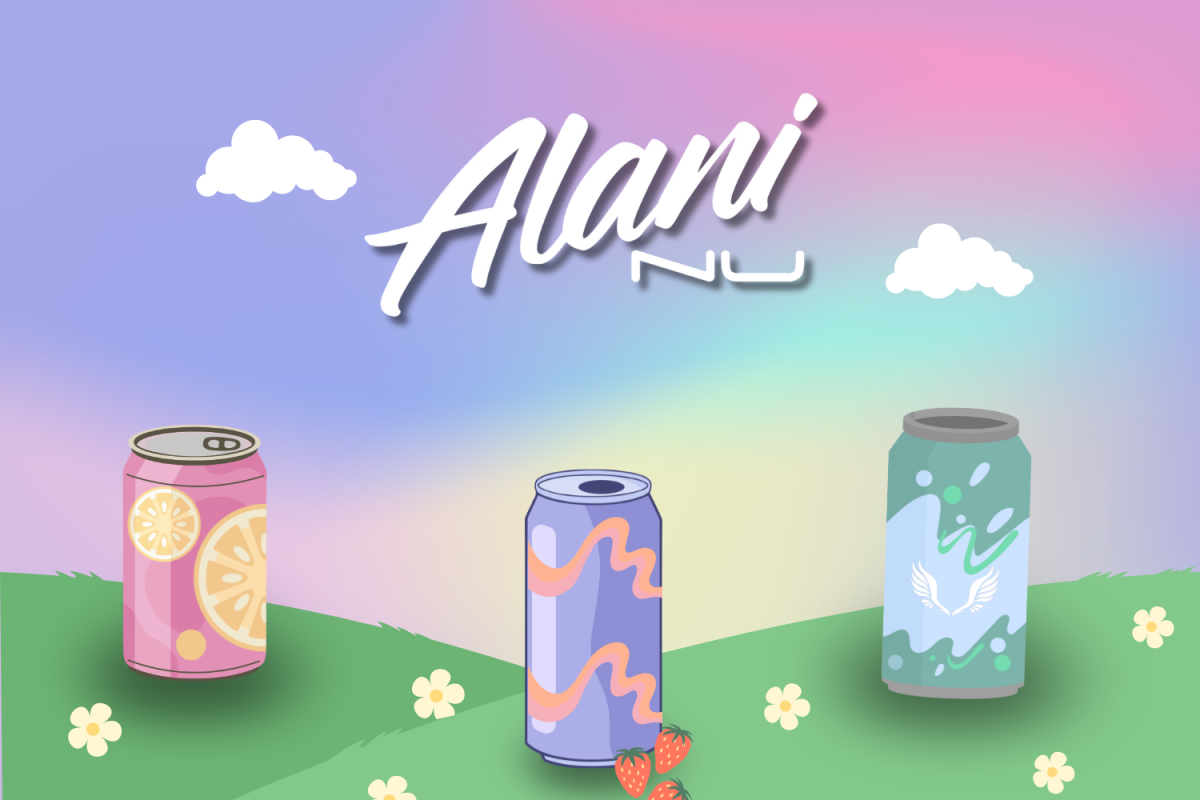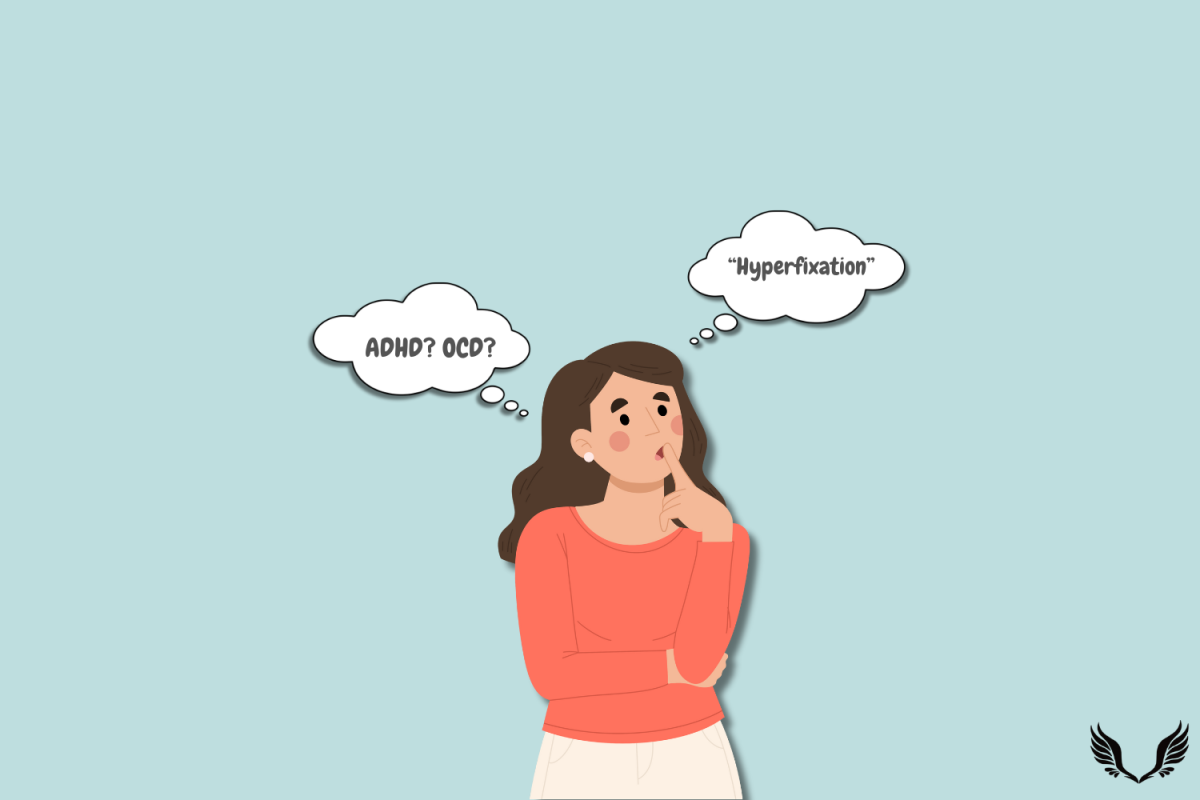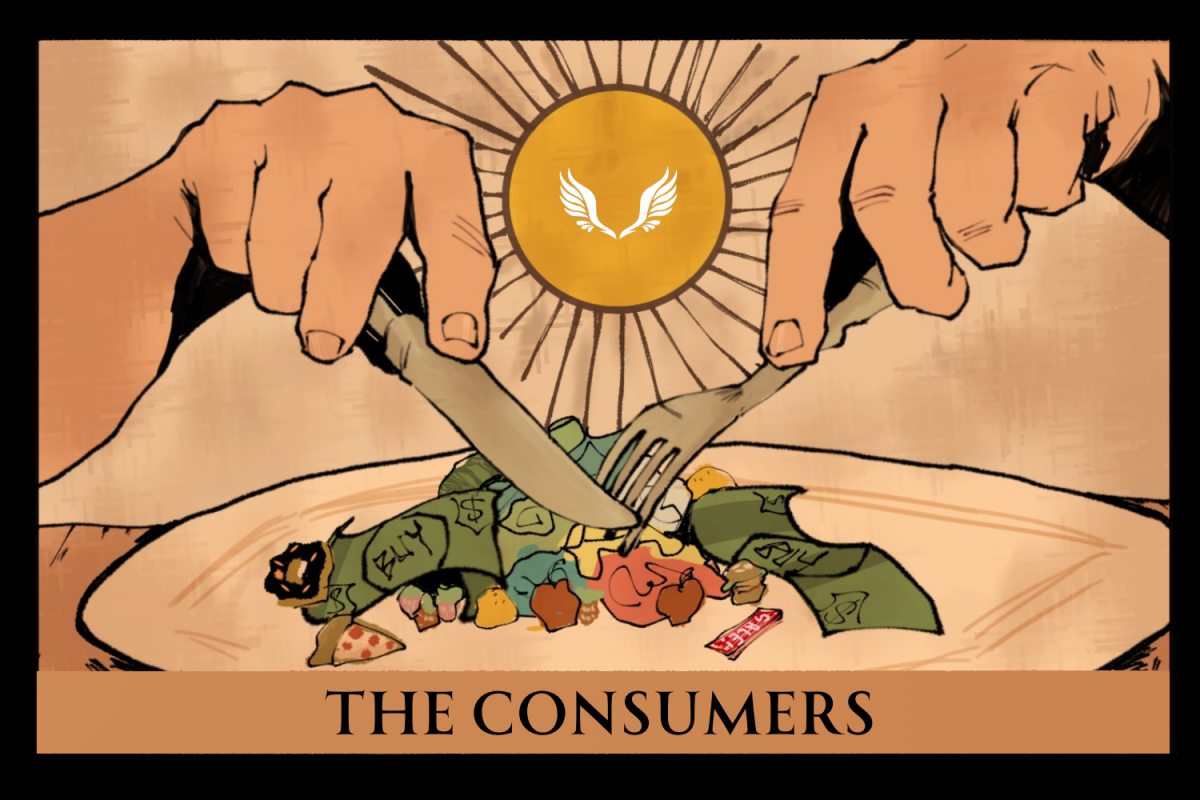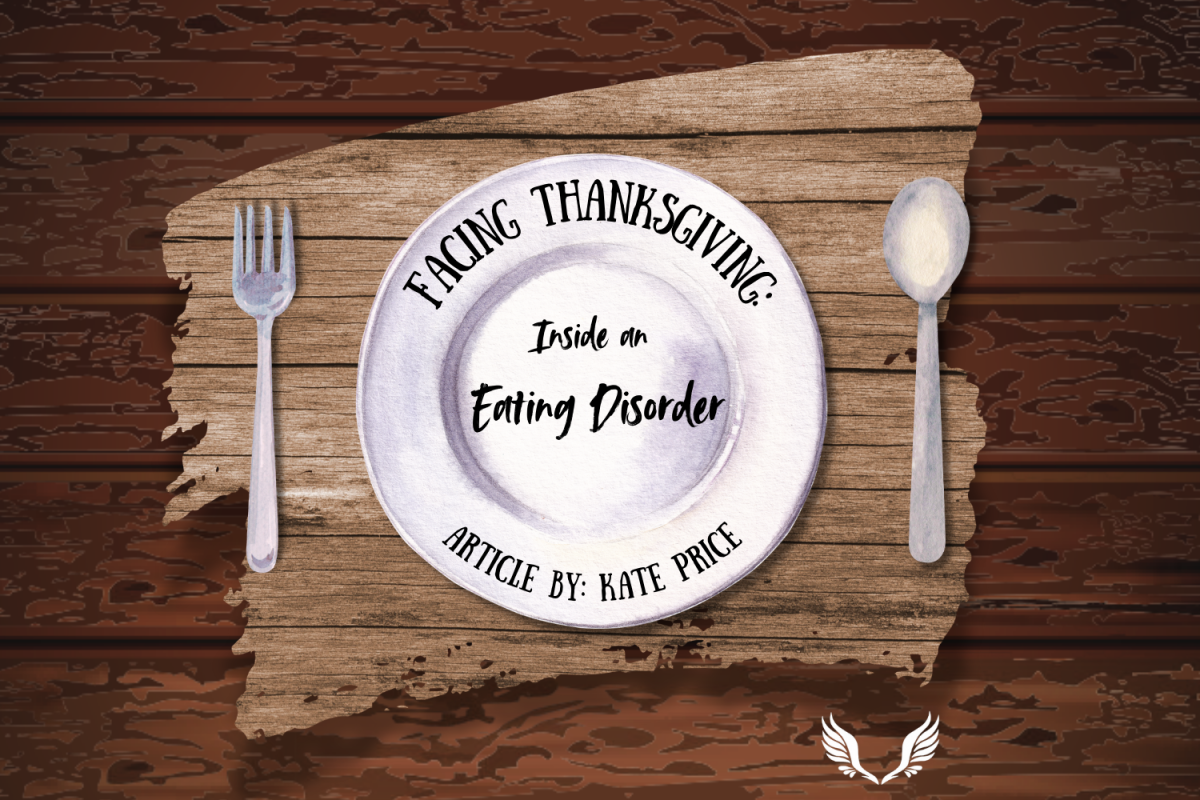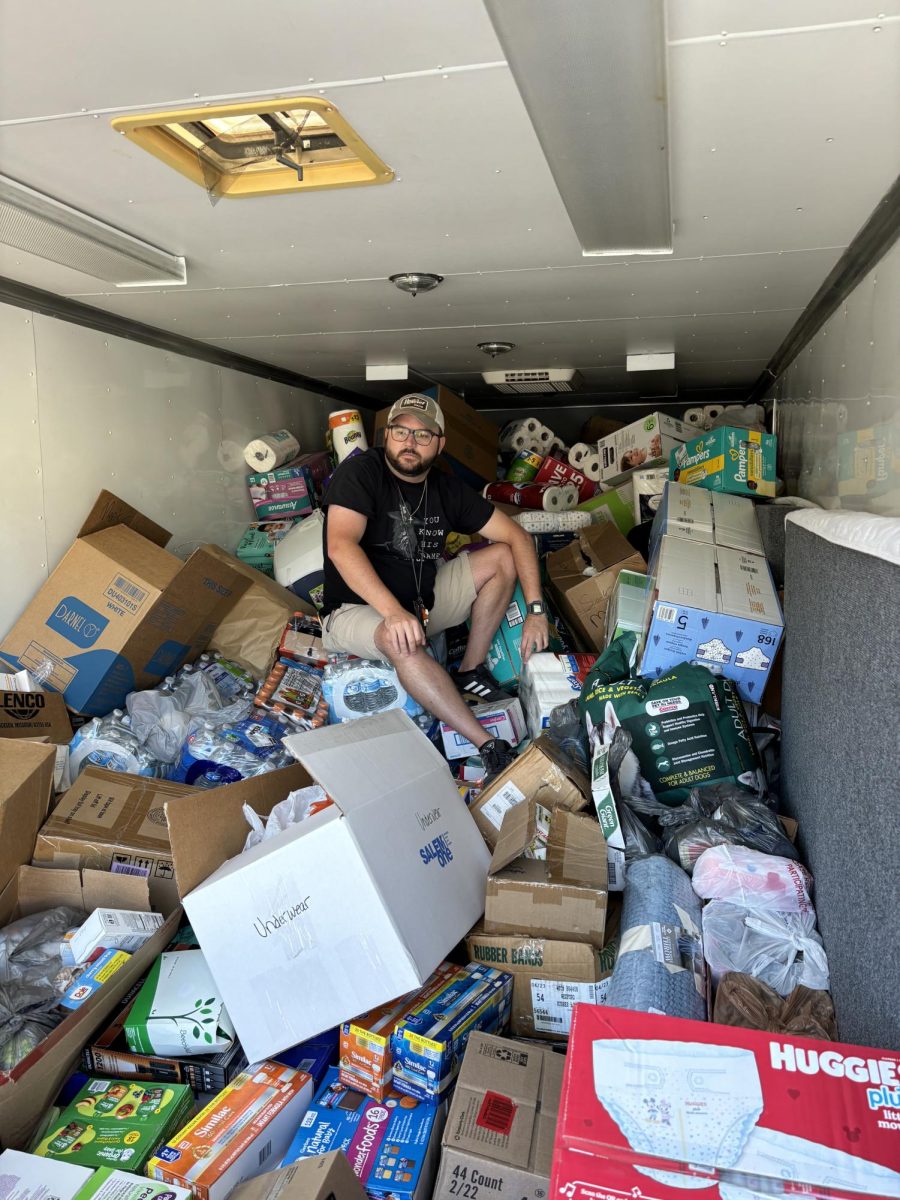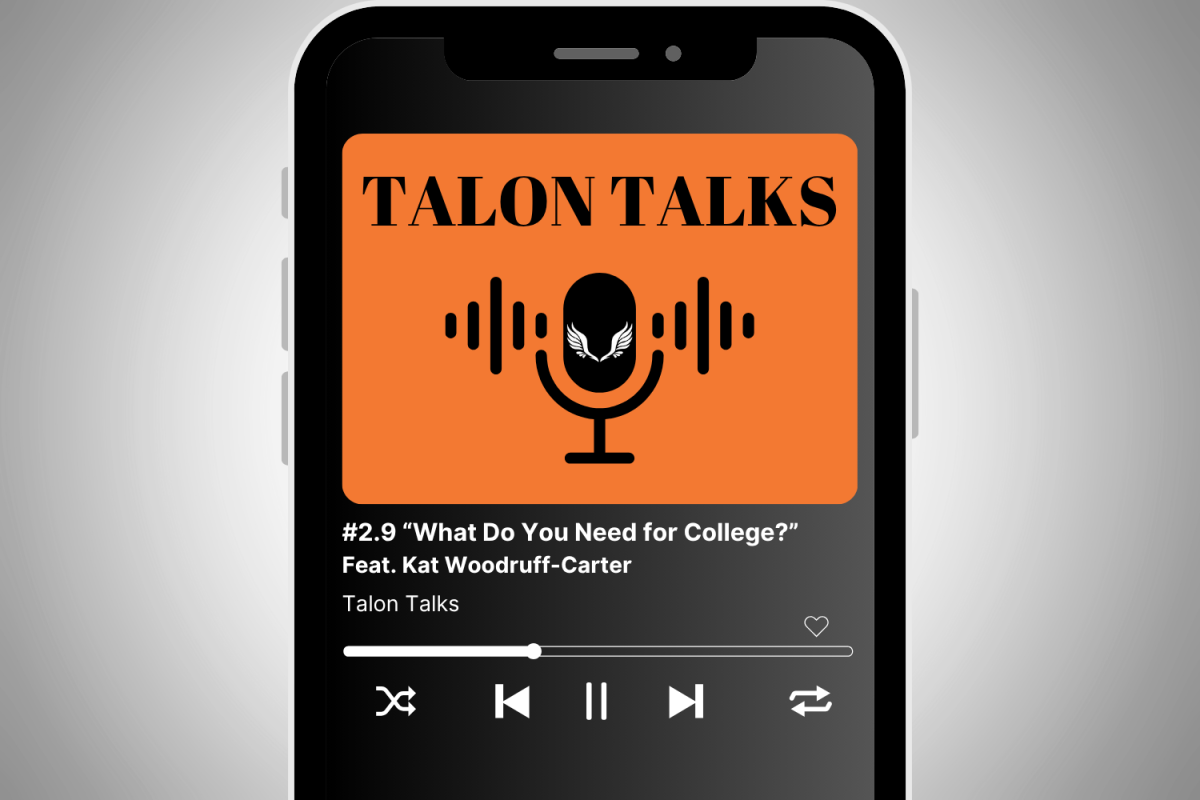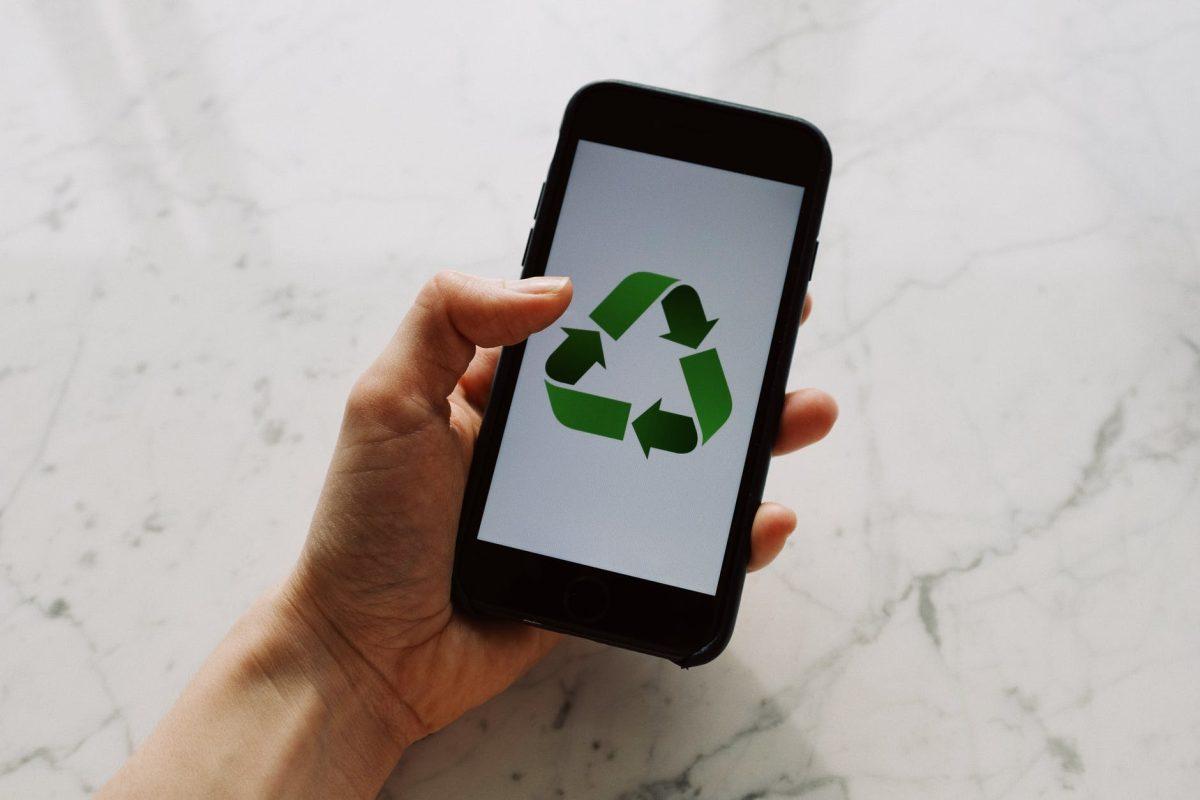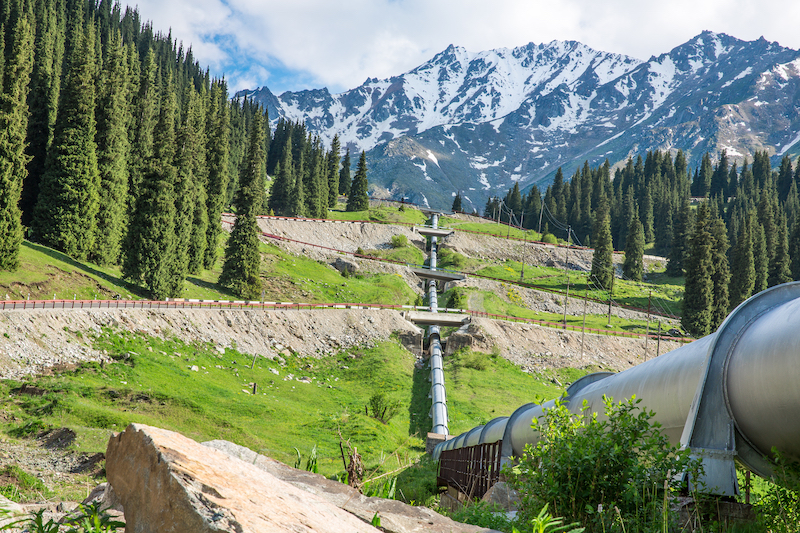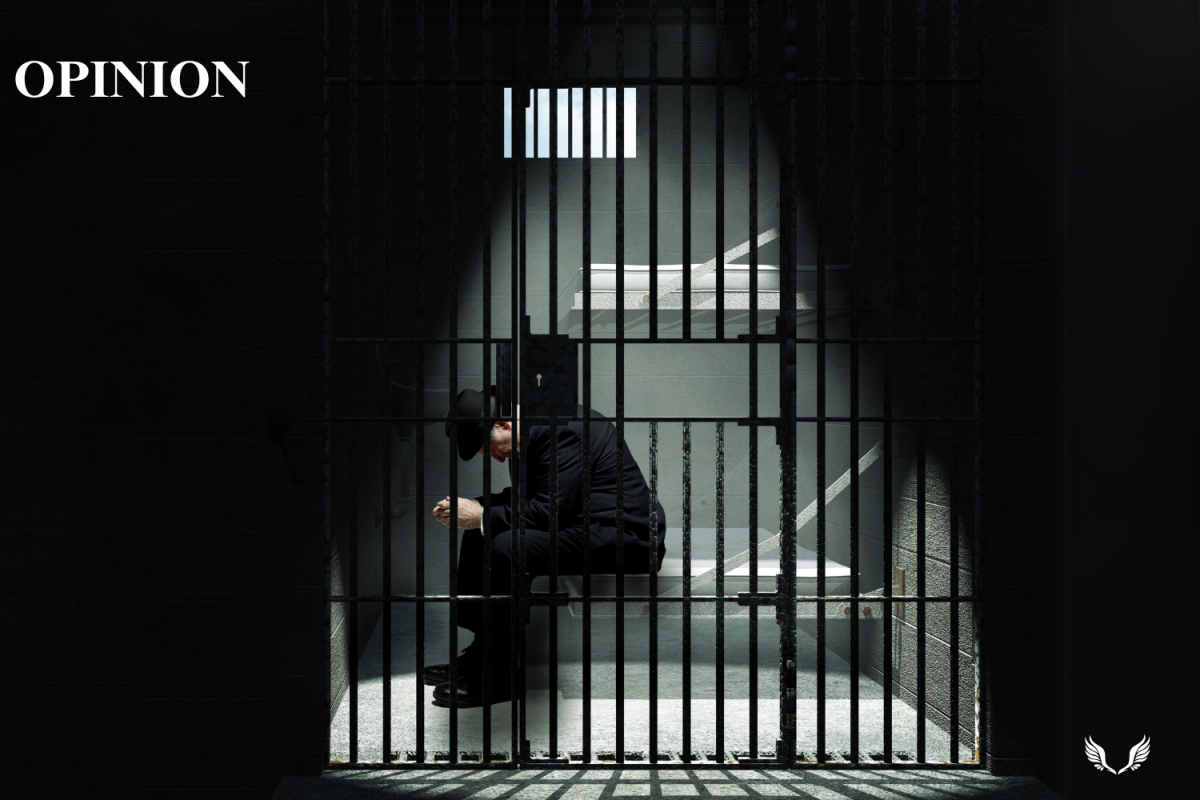On impulse, how would you answer this question? Will requiring people to recycle aid in protecting the environment? Or will people be turned away from recycling by making it an obligation? Many people believe that recycling should be mandatory. But is this a good idea?
Benefits of Recycling
Recycling benefits communities, the economy, and the environment. Obtaining raw materials to be processed into usable products is expensive and consumes massive amounts of energy. These expenses are eliminated, however, when recycled materials are used instead. Did you know that by recycling one ton of office paper, the amount of energy spent consuming 322 gallons of gasoline is saved?
Water, soil, and air pollution are all reduced with recycling. Air pollution is reduced when fewer fossil fuels are burned to obtain raw materials. Recycling allows for less waste to be sent to landfills and furnaces. Because of this, water and soil pollution are reduced when more waste is recycled.
Operating a recycling plant needs manpower, and therefore creates jobs. When more materials are made domestically through recycling, less materials are needed to be imported from foreign countries. The economy is boosted when we rely less on foreign imports and more on products made domestically.
How Does It Work?
Recycling is a simple process. First, recyclables are collected through methods such as curbside pickup or drop off centers. These recycled products are then taken to a facility where they are cleaned, sorted, and processed into usable materials. Finally, these materials are used to create products that can be sold and bought.
How to Recycle
Davie County operates a curbside pickup recycling program via Republic Services. Recyclables are picked up by Republic every other week. This program is single-stream recycling, meaning that all recyclables are collected together, in the same bin.
So what exactly can you recycle? Paper, plastic, metal, and glass are the main materials recycled through the curbside pickup program. Electronics are collected on four different days throughout the year at the landfill. There is currently no hazardous waste recycling program in Davie County, however other facilities in the area will accept hazardous wastes to be recycled. Yard waste can be taken to Wallace Farm in Davie County to be recycled. If you are unsure of how to recycle any material, visit the Davie County recycling website or check out this poster.
Recycling in Schools
While Davie County offers recycling collection services for its citizens, there is not a collection service for the school system. Most of the waste produced by Davie County Schools is sent to the landfill, except for a select amount that is collected for recycling by individual teachers. “Why the schools don’t officially support recycling is two-fold,” says Davie High science teacher, Collin Ferebee. “One is that the program is expensive and those funds were needed elsewhere. Additionally I am told that a lot of our recycling wasn’t actually taken to be recycled, but simply to the landfill, so the schools clearly did not see the point in doing this.” There’s nothing that can be done about an insufficient recycling program, however regarding money, a push can be made for more funds to be used for recycling. In a poll, 97 percent of people surveyed said there should be funds for all schools to have access to recycling services. If so many people want this, why has there not been change in Davie?
At Davie High School, members of the Science Club manage recycling bins placed throughout campus. “Science Club (or sometimes my Honors STEM classes) are typically the ones that manage recycling at Davie. We would do weekly pickups/collections of the plastic and cans and put them in my room on Friday afternoons,” says Mr. Ferebee. However, in a poll, 26 percent of Davie High students and staff said they did not know these recycling bins existed at the school. Thirteen percent of those polled said they do not even use the bins. These recycling bins are a good way to reduce the waste produced by the school, but are ineffective if no one uses them.
So what can you do to help reduce the waste produced at school? First of all, tell your friends about the recycling bins. The more people that know about the bins, the more waste will be recycled. Lunch is probably the part of the day that produces the most waste. If you pack your lunch, reusable containers are the key. Instead of single-use plastic bags, pack your lunch in reusable plastic containers or thermoses. If you buy your lunch, only take what you will actually eat from the line. Yes, the “fruits and veggies” rule still applies, but don’t overdo it. Limiting your use of lunch supplies is also beneficial. Go easy on the napkins, condiment packets, and plasticware. An unopened ketchup packet does nobody any good sitting in the trash can.
Reusing and recycling can be applied with school supplies as well. Instead of buying new school supplies every time you need some, save your old binders and colored pencils. Even old notebooks can be reused if all of the pages aren’t filled up. Taking care of your supplies is helpful; an item is more likely to be reused if it is in better condition. When purchasing new supplies, look for “green” items, those made out of recycled materials. Old materials such as old clothes, boxes, newspapers, and egg cartons can be saved to be used for school projects. Before throwing something away, always think about how it can be reused.
Requiring Recycling
7 out of 50 states in the United States have some sort of government mandate regulating the disposal of waste in that state. North Carolina is one of the 7. Aluminum cans have been banned in North Carolina since 1994 and plastic bottles were banned in 2009. Even so, only 30 percent of plastic bottles are recycled in North Carolina, according to data from the NC Department of Environmental Quality.
So as you may notice, there is a problem with making recycling mandatory. Just like with the laws enforcing litter, there is no way to enforce mandatory recycling or keep track of who does or doesn’t do it. “Some people aren’t always going to have the availability or place to recycle. It’ll also be hard to know that every single person is going to recycle,” says sophomore Heidi Dix. Heidi was part of the 22 percent that voted “no” on a poll question asking if everyone should be required to recycle. Junior Isaiah Teasley says, “People being required to recycle makes them want to do it even less.”
There are different reasons why requiring people to recycling can be a bad idea. First, it can be expensive. This is the reason why Davie County Schools does not operate a recycling program and why other counties around North Carolina do not offer free recycling programs. In most places, it’s cheaper to dump trash in the landfill, which deters people from recycling. Even as recycling helps decrease pollution, it can lead to pollution as well. When materials, especially electronics, are broken down to be recycled, harmful chemicals in these materials can be released into the environment.
However, as listed above, recycling has a fair amount of benefits. Communities, the environment, and the economy are all improved through recycling. “It’s simple and easy, I don’t see a reason not to. The environment and the economy benefits from recycling,” says freshman James Rhile. Even if making recycling mandatory is not the best idea, it can and should be encouraged. Recycling is effective if many people do it. “No one thinks they could make a change just by doing something small. So why not show them?” says Early College freshman Katelyn Johnson. Encouraging recycling can lead to more awareness of environmental problems – and more people making efforts to help these problems. Furthermore, there are other ways to conserve resources besides recycling. Reusing and reducing the amount of products you buy can contribute to the effort being made by recycling to reduce resources.
So now how would you answer the first question? Do you still think mandatory recycling is a good thing? Or do the negatives of this outweigh the positives? Regardless of your answer to this question, it can be concluded that recycling is a positive for the environment and should be encouraged in all public and private settings.











